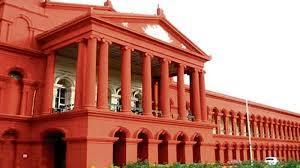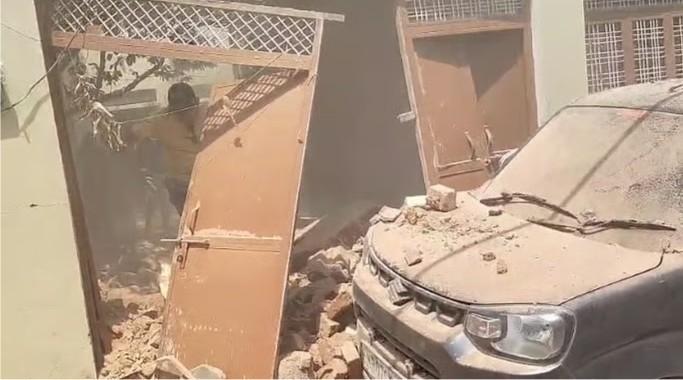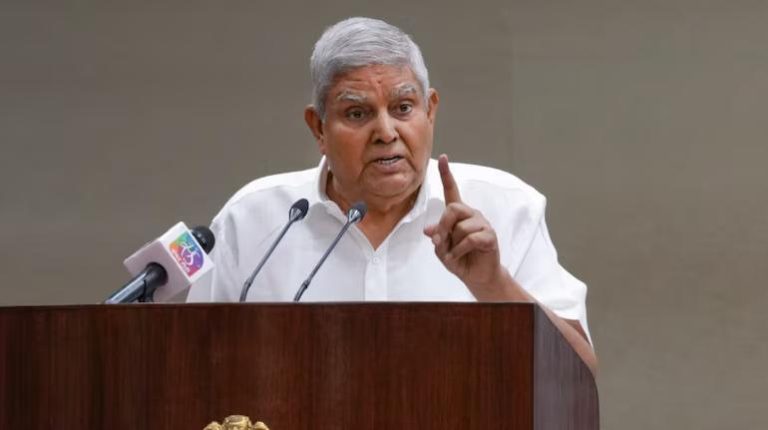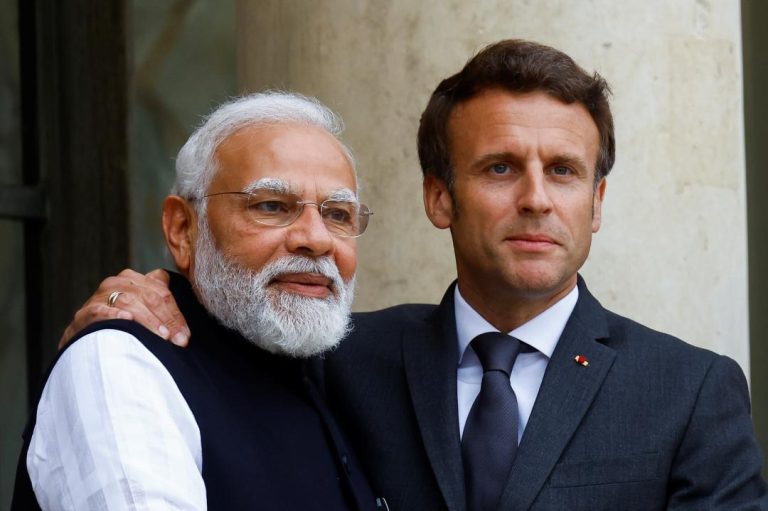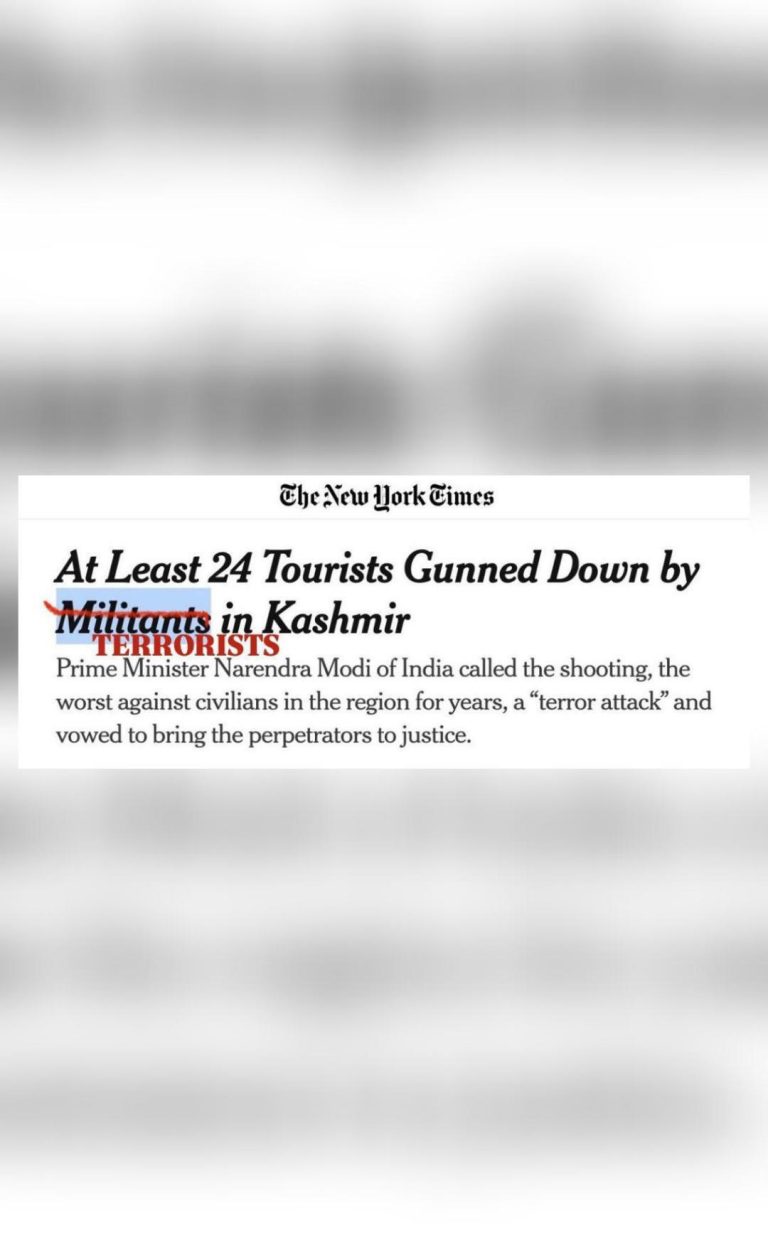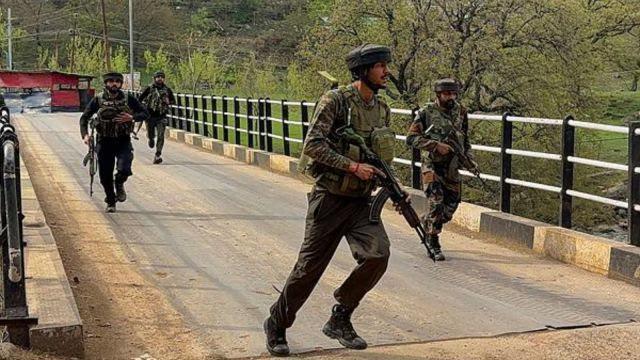
2 Foreigners Among Tourists Killed by Terrorists in J&K’s Pahalgam: Reports
A devastating terror attack in Jammu and Kashmir’s Pahalgam has left 27 tourists dead, including two foreign nationals, and several injured. The attack, which took place on Tuesday, has sent shockwaves across the country and raised concerns about the safety of tourists in the region.
According to reports, the attack was carried out by an offshoot of the Pakistan-based terrorist group Lashkar-e-Taiba, known as The Resistance Front. The group claimed responsibility for the attack, stating that around four to six terrorists were involved in the operation.
The two foreign nationals killed in the attack were identified as an Israeli national and an Italian national. The identity of the victims has not been disclosed, but it is understood that they were part of a group of tourists who were visiting the picturesque town of Pahalgam, which is a popular tourist destination in Kashmir.
The terror attack occurred in the Baisaran area of Pahalgam, a popular spot for tourists to take in the breathtaking views of the surrounding mountains. Eyewitnesses reported that the terrorists opened fire on the tourists, who were relaxing and taking in the scenic views.
The attack has sparked widespread outrage and condemnation, with politicians and security experts calling for a strong response to the terrorist group. Prime Minister Narendra Modi, Home Minister Amit Shah, and Jammu and Kashmir Lieutenant Governor Manoj Sinha have all condemned the attack, with the Prime Minister stating that the government will not hesitate to take strong action against the terrorists.
The attack has also raised concerns about the safety and security of tourists in Jammu and Kashmir. The region has seen a surge in terror attacks in recent years, with many tourists opting to avoid the area due to the perceived security risks.
Security forces have launched a massive operation to track down the terrorists involved in the attack, with several areas in the region being cordoned off and searched. The police and army have also been deployed to the area to provide additional security and reassure the local population.
The attack has also sparked concerns about the role of Pakistan-based terrorist groups in the region. The Pakistani government has been accused of providing support and funding to terrorist groups operating in Jammu and Kashmir, and many experts believe that the attack was carried out with the backing of the Pakistani government.
In a statement, the Pakistani government denied any involvement in the attack, with Foreign Office spokesperson Zahid Hafeez Chaudhry stating that Pakistan “condemns any act of terrorism and violence”. However, many experts believe that the attack was carried out with the backing of the Pakistani government, which has a long history of supporting terrorist groups operating in the region.
The attack has also raised concerns about the impact on tourism in Jammu and Kashmir. The region is known for its natural beauty and rich cultural heritage, and tourism is a significant contributor to the local economy. However, the ongoing conflict and security concerns have led many tourists to avoid the area, with many tour operators reporting a significant decline in bookings.
In recent years, there have been several terror attacks in Jammu and Kashmir, including a devastating attack on a CRPF convoy in Pulwama in 2019 that killed over 40 personnel. The attack was carried out by a Pakistani-based terrorist group, and it sparked a major backlash from India, with the Indian Air Force launching a counter-attack against terrorist camps in Pakistan.
The attack in Pahalgam is a stark reminder of the ongoing security challenges facing Jammu and Kashmir. The region has been plagued by insurgency and terrorism for many years, and it is clear that the Pakistani government continues to support and fund terrorist groups operating in the region.
As the investigation into the attack continues, it is clear that the government will need to take strong action to prevent similar attacks in the future. This includes increasing the security presence in the region, working to disrupt the operations of terrorist groups, and providing support to the local population to help them rebuild and recover from the attack.
In conclusion, the terror attack in Pahalgam is a devastating reminder of the ongoing security challenges facing Jammu and Kashmir. The attack has left 27 tourists dead, including two foreign nationals, and has raised concerns about the safety and security of tourists in the region. It is clear that the government will need to take strong action to prevent similar attacks in the future, and to provide support to the local population to help them rebuild and recover from the attack.
